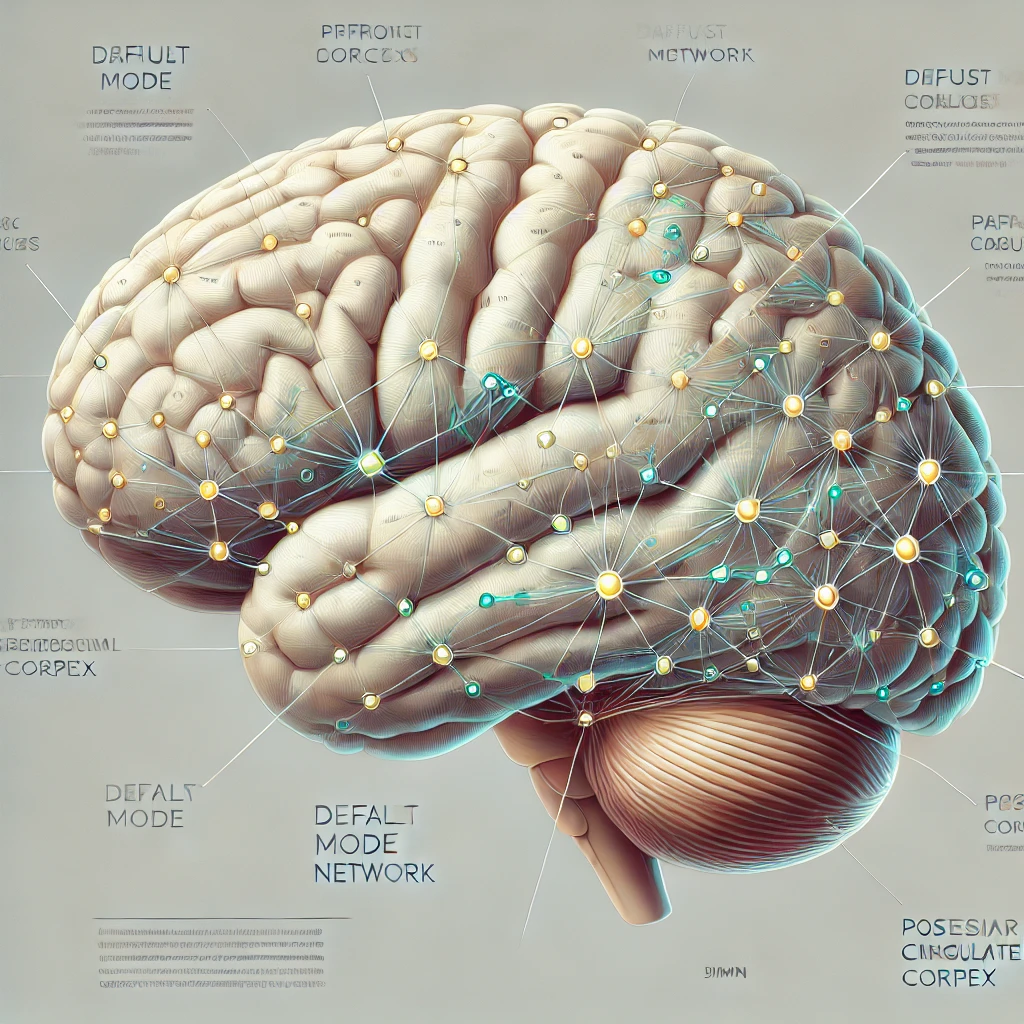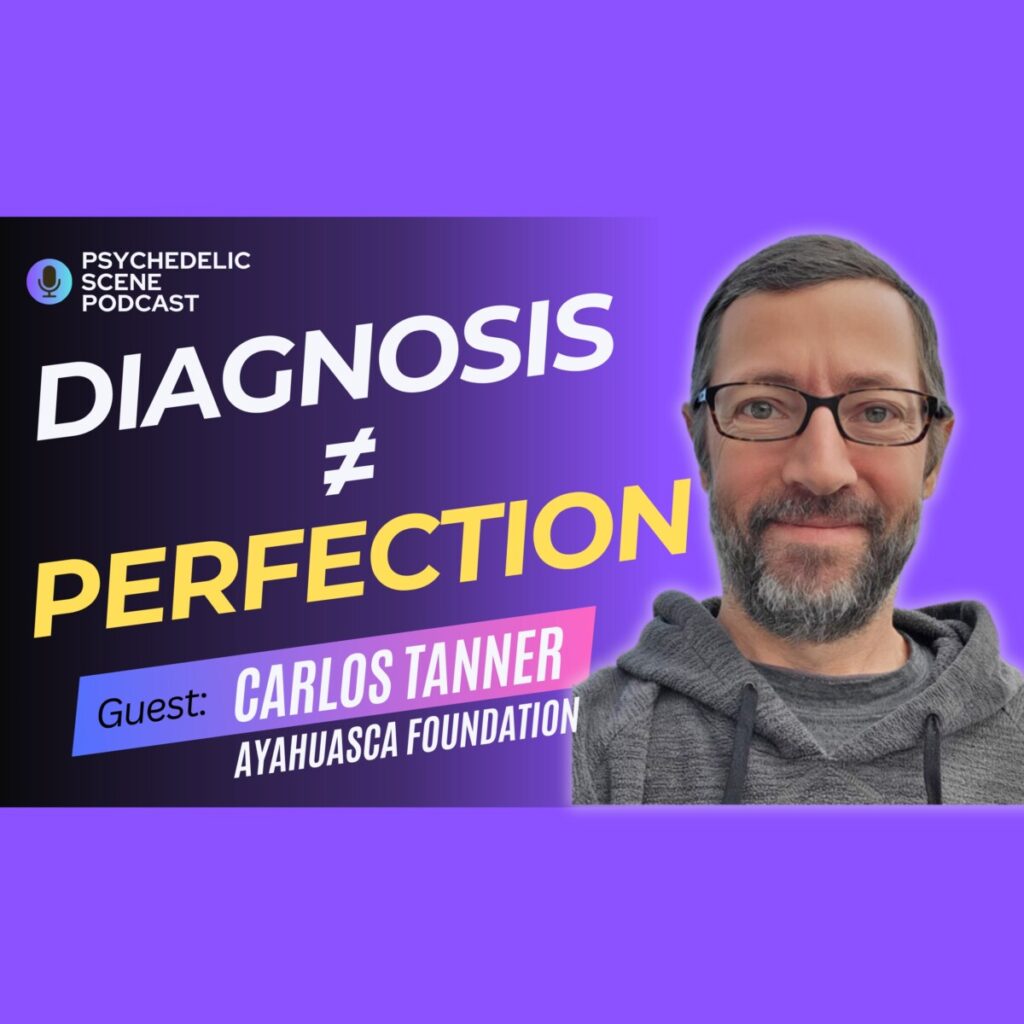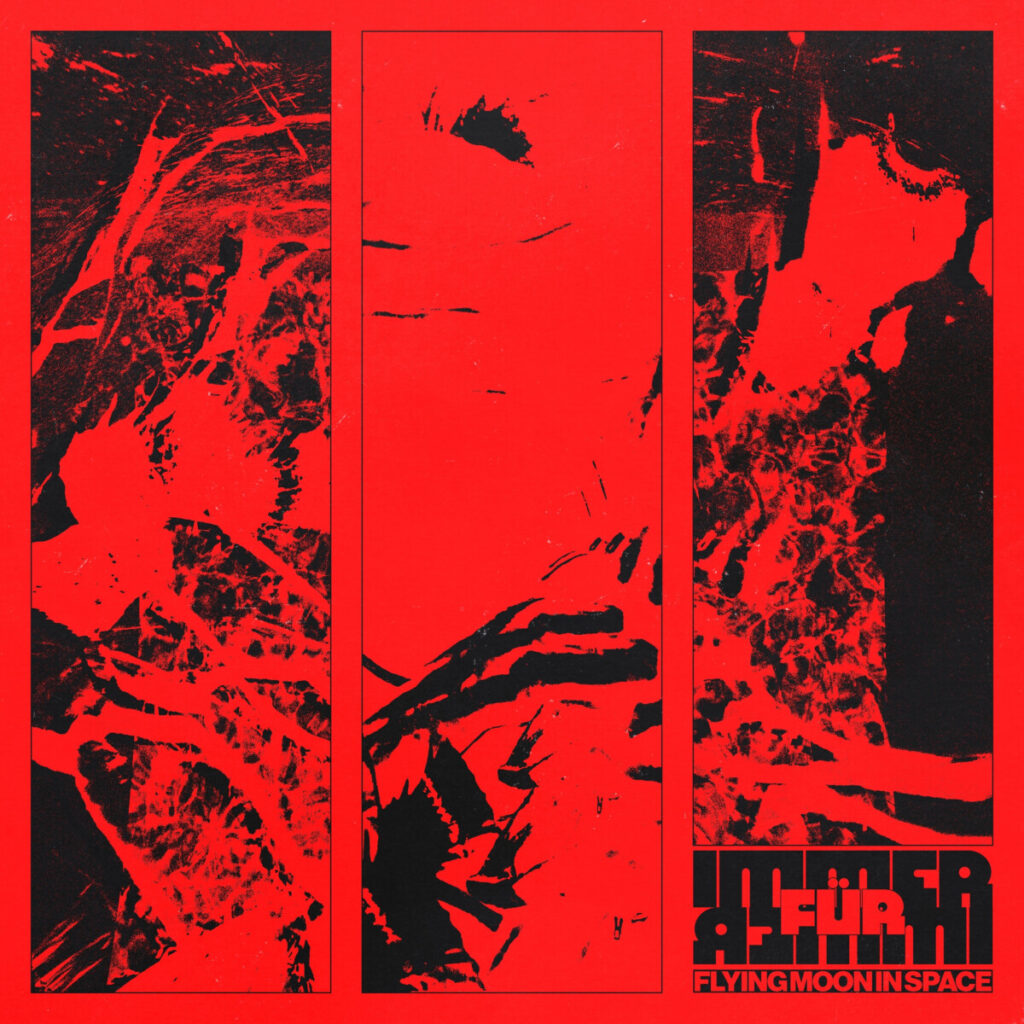What Are Psychedelics Good For?
What Are Psychedelics Good For?
I spent last summer with psychiatrists, neurologists, and other specialists, exploring the benefits and risks of LSD, MDMA, and Psilocybin (Magic Mushrooms).
These experts are at the forefront of clinical trials testing the healing potential of psychedelics on people with depression, anxiety, or cancer. As a social anthropologist, I got to join them on the frontlines and hear about the latest data firsthand from the people conducting revolutionary research.
The main question — what are psychedelics good for? — focuses on three aspects:
- How do they affect the body?
- How do they affect the mind?
- How do they affect the soul?
The research doubling down on these three aspects will affect the future of mental health care, and I could not be more excited to share a glimpse into this process!
Let’s dive in.
Psychedelics Are Good For Trauma-Release Psychotherapy
Every person has trauma they may or may not be aware of.
What most people don’t know is that trauma doesn’t just sit in the head — Dutch psychiatrist Bessel van der Kolk says, “The Body Keeps The Score.” While you are busy coping and trying not to think of the past, your body remembers what happened and will react strongly to triggers that remind it of the initial offense. Depression and anxiety are just two ways this can pan out. Another is perceived — or real — pain in respective parts of the body.
During psychedelic-assisted psychotherapy (PAP), the body is a crucial part of the healing process. Different from traditional talk therapy, in which touch and the other senses are often not included, your body, under the influence of a psychedelic, will become the center stage of the therapy session. Together with the therapist, you could allow yourself to feel where the trauma sits in the body and start to work with it rather than around it as is custom in talk therapy.
The idea is to open up to a spectrum of new sensations while in an environment where one feels safe and vulnerable.
Imagine gaining new insights on a family issue you’ve worked on for years during a four-hour-long magic mushroom therapy session.
You’ve talked about the same three painful memories countless times with your therapist. Neither your relationship with your family has changed nor has your anger or sadness about what happened — when you come across something that could help you quite literally puke it all out. The promise is that in the end, you’ll not only know where exactly the pain sits inside of you, but you’ll also have a better sense of what you can actively do to alleviate it.
You could finally move on with your healing process.
Psychedelics Are Good For Encouraging Personal Growth
Personal growth includes expanding your consciousness.
Of course, to some degree, everyone knows that drugs make you go all fuzzy inside your head and allow you to escape your reality. I’m sure you’ve either seen or heard of people being high out of their minds, then coming off their high to share incredulous stories of how they are a changed person. They sound crazy. What I bet you don’t know, however, is how these people actually benefit from their experience and aren’t simply going bonkers.
Your brain on a psychedelic shuts off the areas that form the so-called Default Mode Network (DMN), which is responsible for all the automatisms in your body like blood pressure and heart rate. Without the DMN, the connections linking the individual regions of the brain stray from their usual pathways and ultimately allow new pathways to form. What happens is that areas of the brain that are usually disconnected suddenly engage in a vibrant exchange with one another.
In English, your brain functions differently, so you’ll think differently, see the world differently, and experience your sense of self differently.
Expanding your consciousness like this can give you a new trajectory on your journey of personal growth.
You could unlearn default behavior and relearn habits that serve you.
You could let go of what you think you know so you can grow.
You could even change your mind.
Imagine that.
Psychedelics Are Good For End of Life Support
Death is a scary prospect for many people.
Especially those not ready to die, find time passing dizzyingly fast. They imagine themselves standing there at the end of all things clutching whole notebooks filled with unfinished to-do lists in their hands while the Grim Reaper is already anxiously waiting for them. This also includes people who are suddenly diagnosed with a terminal illness. Not surprisingly, a good number of these people become anxious and/or depressed.
Classic psychedelics like LSD, DMT, and psilocybin, as well as so-called empathogens like MDMA, show antidepressant effects. They shut off negative thinking in the brain and instead allow for feelings like awe and euphoria to take up most of the space. Already in the 1960s, studies showed that severely ill patients given LSD reported having less fear of death afterward.
Brave New World author Aldous Huxley knew this intuitively. On his deathbed, he requested his wife to inject him with LSD and so left this world tripping balls.
Psychedelics produce out-of-body experiences some call spiritual.
The dissolution of what you know to be yourself and the breaking down of your world changes your perception of life, death, and the universe on a fundamental level. Here, psychedelics can help you move away from the idea that death is the end and instead nudge you to see that it isn’t. These mystical experiences are often accompanied by a sense of being loved and held.
And who doesn’t want to feel loved and held during the final hours of one’s life?
Final Thoughts
It’s crucial to remember that psychedelics are no miracle drugs.
But if you become aware of the innate power they have they can potentially support you to change your life for the better.
This is the reason psychedelics and other psychoactive chemicals are being researched in clinical trials as you read this. Experts believe that with time, funding, and open-mindedness, more can be discovered about these compounds and their potential to help people with severe illnesses.
There is a long way to go, but the path ahead looks promising.
Related: Psilocybin, Neuroplasticity, and the Path to Healing
Gallery
Recent Articles
Can Molly Mend Your Marriage?
•
February 16, 2026
Immer Für Immer by Flying Moon in Space–Album Review
•
February 13, 2026

Loading...





